It is not always necessary to see your GP for advice and treatment, there are a range of options available to you.
Self Care
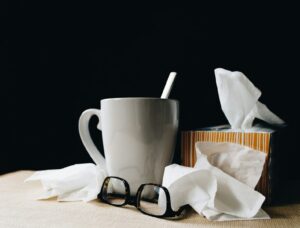
Self-care is usually the best choice to treat very minor illnesses, ailments and injuries.
A range of common illnesses and complaints, such as coughs, colds, sore throats, upset stomachs and aches and pains, can often be treated with a well-stocked medicine cabinet and plenty of rest.
Pharmacy
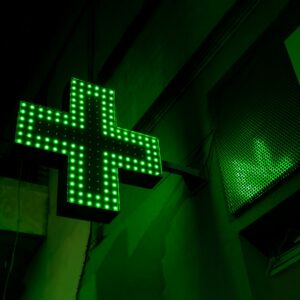
Your local high street pharmacy can provide confidential, expert advice and treatment for a range of common illnesses and complaints, without having to wait for a GP appointment or go to A&E.
To find your nearest local pharmacy, visit Find a pharmacy – NHS (www.nhs.uk)
Dentist

Dentists are healthcare professionals who can help you to have healthy teeth and gums by undertaking regular checks, and provide treatment when necessary. There are dental surgeries located across the Fylde and Wyre area.
Your dentist will decide how often they need to see you based on the condition of your mouth, teeth and gums. If you have no current problems, your dentist might not need to see you for up to two years.
If you need to see a dentist outside of normal dental surgery hours or are not currently registered with a dentist, please contact the Dental Access Service on 01253 306378 or call NHS 111.
The NHS Choices website provides information about local dental services and surgeries, including opening hours, contact details and how to register.
NHS England is the commissioning organisation for dental services. If you need any specific support in relation to dentists, you can contact the local NHS England team at: NHS England — Midlands » Contact NHS England – Midlands.
GP
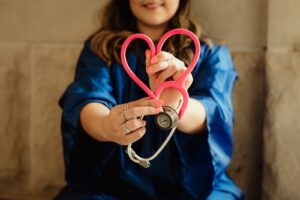
If you have an illness or injury that won’t go away, then you need to make an appointment here at your GP practice.
GP practices provide care, which may involve appointments or telephone advice either with a GP or practice nurse.
GPs are able to provide a range of services by appointment, including medical advice, examinations and prescriptions.
Out of Hours and Urgent Advice
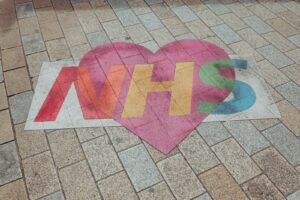
For non-emergency health issues during hours when the surgery is closed, please telephone 111.
This will connect you to the national NHS 111 service, who will assess your condition and direct you to the local service best suited to your needs.
NHS 111 is available 24/7 and is free to call from both landlines and mobiles.
For further information, visit: www.nhs.uk/111
Urgent Treatment Centre
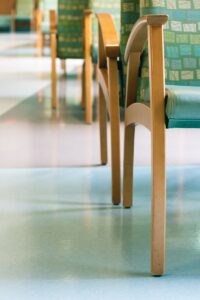
Urgent treatment centres provide medical help when it’s not a life-threatening emergency. They can diagnose and deal with many of the common problems people go to A&E for.
Other types of urgent care services are called minor injuries units or walk-in centres. They offer some, but not all, of the same help as urgent treatment centres.
NHS 111
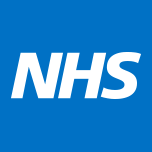
NHS 111 is a free service, available seven days a week, 24 hours a day.
It offers help and advice for those times when it’s not a 999 emergency, but you do need help and advice fast.
When you dial 111 you will be directed to the best local service for you.
A&E, Emergency or the 999 Ambulance Service
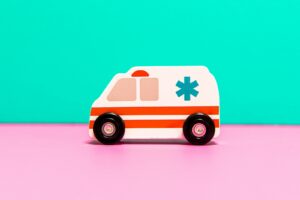
Accident & Emergency (A&E) and the 999 ambulance service should only be used in a critical or life-threatening situation.
Dialing 999 and stating an emergency situation will result in a response vehicle being sent to your location.
Please remember A&E departments and the 999 ambulance service are for genuine accidents and emergencies. Inappropriate use of these services can cause unnecessary delays for those who need urgent care and wastes precious resources. Find your nearest A&E – NHS (www.nhs.uk)
